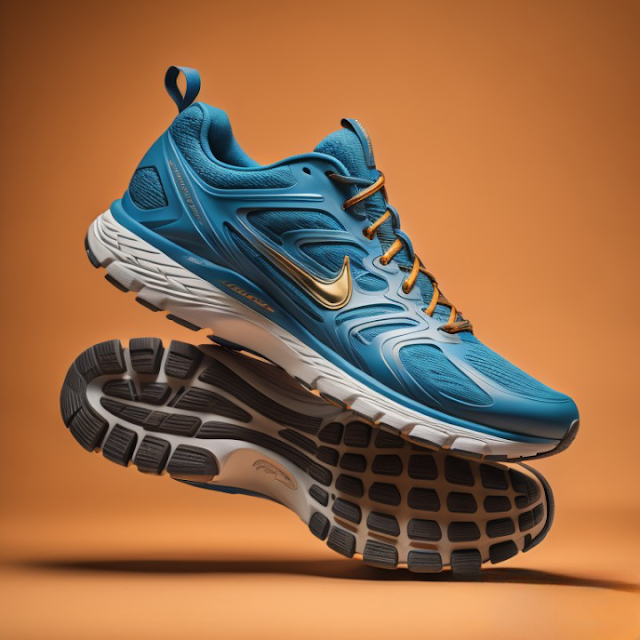Best Running Shoes for Orthotics: Finding the Perfect Fit
Orthotics, or custom-made shoe inserts, are designed to provide support and alleviate pain caused by various foot conditions. They can significantly improve your comfort and performance while running. However, to maximize the benefits of orthotics, it is crucial to find the right pair of running shoes that complement them perfectly. In this article, we will explore the best type of running shoes for orthotics and provide some recommendations to help you make an informed decision.
What Type of Running Shoe is Best for Orthotics?
When it comes to choosing running shoes for orthotics, there are a few key factors to consider. These include stability, cushioning, and flexibility. Here's a breakdown of the best type of running shoe for orthotics:
1. Stability Shoes:
Stability shoes are ideal for runners who overpronate, meaning their feet roll inward excessively during the running gait. Overpronation can lead to various foot problems, and orthotics can help correct this issue. Stability shoes offer additional support and structure to control the inward rolling motion of the foot. Look for shoes with features such as a firm midsole, supportive heel counter, and a wide base for enhanced stability.
2. Motion Control Shoes:
Motion control shoes are similar to stability shoes but provide even more support and control for severe overpronation. These shoes often have a stiffer and more rigid design to limit excessive foot movement. If you have significant overpronation and require substantial support, motion control shoes can be an excellent option to pair with your orthotics.
3. Neutral Cushioned Shoes:
If you have high arches or supination (underpronation), where your feet roll outward excessively, neutral cushioned shoes can be a suitable choice. These shoes offer ample cushioning to absorb shock and provide comfort. However, it is important to note that orthotics may not be as necessary for those with neutral pronation or supination. Consult with a podiatrist or orthopedic specialist to determine if orthotics are required for your specific foot condition.
What Type of Running Shoes to Wear with Orthotics?
Once you have identified the type of running shoe that suits your foot condition and orthotic needs, it is time to find the perfect pair. Here are some key features to look for:
1. Removable Insoles:
Ensure that the running shoes have removable insoles. This feature allows you to replace the factory insoles with your custom orthotics, providing a more personalized fit and support.
2. Roomy Toe Box:
Look for shoes with a spacious toe box to accommodate both your orthotics and your natural foot shape. A snug fit in the heel and midfoot is crucial for stability, but having enough room in the forefoot prevents discomfort and potential rubbing.
3. Lightweight and Breathable Materials:
Opt for shoes made from lightweight and breathable materials to keep your feet cool and comfortable during your runs. This feature is especially important if you tend to sweat excessively or run in hot weather conditions.
Recommended Running Shoes for Orthotics:
1. Brooks Adrenaline GTS:
A popular stability shoe that offers excellent cushioning and support, making it a great choice for orthotics.
2. ASICS Gel-Kayano:
Known for its exceptional stability and comfort, the Gel-Kayano is suitable for runners with moderate to severe overpronation.
3. New Balance 990v5:
This motion control shoe provides superior stability and support, making it ideal for runners with significant overpronation.
4. Saucony Guide ISO:
Offering a balance of stability and cushioning, the Guide ISO is a reliable choice for runners who require moderate support.
Remember, finding the best running shoes for orthotics is a highly individual process. It is essential to consult with a professional such as a podiatrist or orthopedic specialist to ensure you select the right shoes for your specific foot condition and orthotic needs. With the perfect combination of orthotics and running shoes, you can enjoy a more comfortable and enjoyable running experience while avoiding potential foot problems.




0 Comments